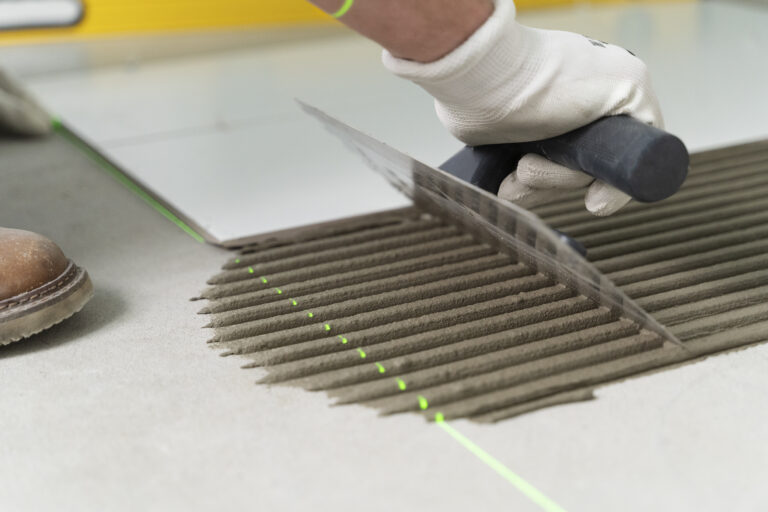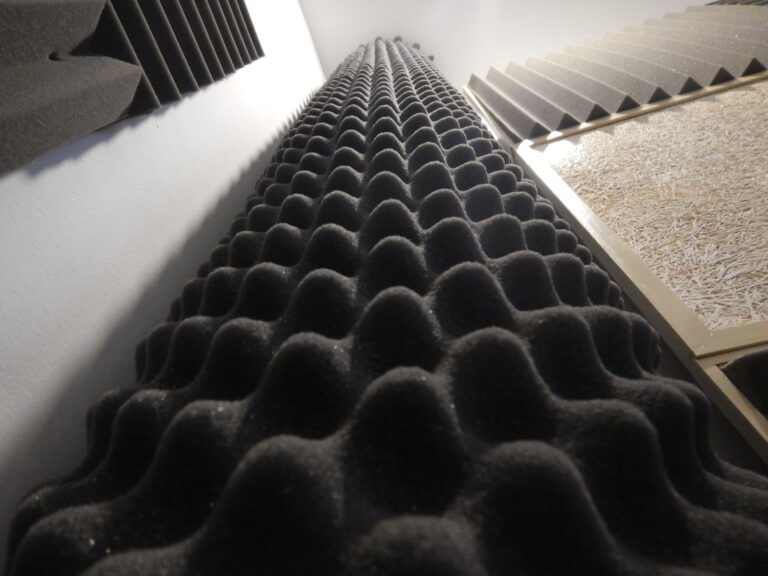Epoxy Based Glue
Epoxy based glue is a strong, waterproof adhesive used in a variety of applications, so in this article we will explore the advantages and uses of epoxy-based glue.

Epoxy Based Glue Ingredients
This distinctive type of glue consists of two main components:
- Epoxy resin: It is a solid, plastic-like material composed of diatomic molecules.
- Hardener serum: It is a chemical that reacts with epoxy resin to form a hardener.
When you mix epoxy resin and serum, a chemical reaction occurs that results in a solid, solid material. We call this process “hardening.”
Epoxy-based glue components can be either solid or liquid, but each has its own uses. Therefore, solid glue is more suitable for applications that require precision, such as repairing tiles, while liquid glue is more suitable for applications that require covering a large area, such as installing tiles.
We can add other materials to this glue to improve its properties. For example, we can add colored granules to make the glue more aesthetic, and heat-resistant materials to improve the glue’s heat resistance.
Epoxy-based glue is available in a variety of grades. These grades differ in their strength, water resistance, and chemical resistance. Therefore, we must choose the appropriate grade of this glue for the specific application in order to obtain the desired result.
Uses of epoxy based glue.
Epoxy-based glue has many advantages so we can use it to bond a variety of materials, including wood, stone, tile, glass and many metals.
Some of the most common uses for epoxy-based tile adhesive include the following:
- Tile installation: We can use epoxy-based tile adhesive to install tiles on a variety of surfaces, including concrete, brick, walls and ceilings.
- Tile Repair: We can use epoxy-based tile glue to repair broken or cracked tiles.
- Tile reinforcement: We can use epoxy-based tile adhesive to strengthen tiles in areas that are subject to damage or extreme stress.
- Creating industrial floors: We can use epoxy-based tile adhesive to create industrial floors that are durable and chemically resistant.
Advantages of epoxy based glue
The features and uses of this glue are numerous, and the following are some of the main advantages that make it an ideal choice as an adhesive.
- Super Strength: Epoxy based tile glue is an extremely strong adhesive and as a result is ideal for applications requiring high strength.
- Water resistance: Epoxy based tile adhesive is water resistant and therefore ideal for outdoor applications or in areas exposed to moisture.
- Chemical Resistance: Epoxy based tile glue is resistant to chemicals and is therefore ideal for industrial applications or in areas exposed to chemicals.
- Ease of Application: Epoxy-based tile glue is easy to apply, making it a good choice for home or DIY projects.
How to apply epoxy based glue
To make the most of the advantages of this glue, the following steps should be followed during its application to ensure safety and effectiveness:
- Wear protective clothing against inhaling glue and use glue in a well-ventilated place.
- Read the manufacturer’s instructions carefully to know the right amount of glue you need, how to mix it, and how to apply it.
- Read the manufacturer’s instructions carefully to know the right amount of glue you need, how to mix it, and how to apply it.
- Mix the glue and hardener in the specified quantities in a clean bowl using a watering can or spoon without touching it, as this may lead to an early chemical reaction.
- Apply glue to surfaces using a spatula or brush to smooth the glue and distribute it evenly.
- Apply glue to surfaces using a spatula or brush to smooth the glue and distribute it evenly.
- Leave the glue for 24 hours until it dries completely.
In conclusion, it can be said that epoxy-based glue is a strong adhesive that is waterproof, resistant to chemicals, and easy to apply.
To order this product click here https://www.whitesand.sa/ar/






